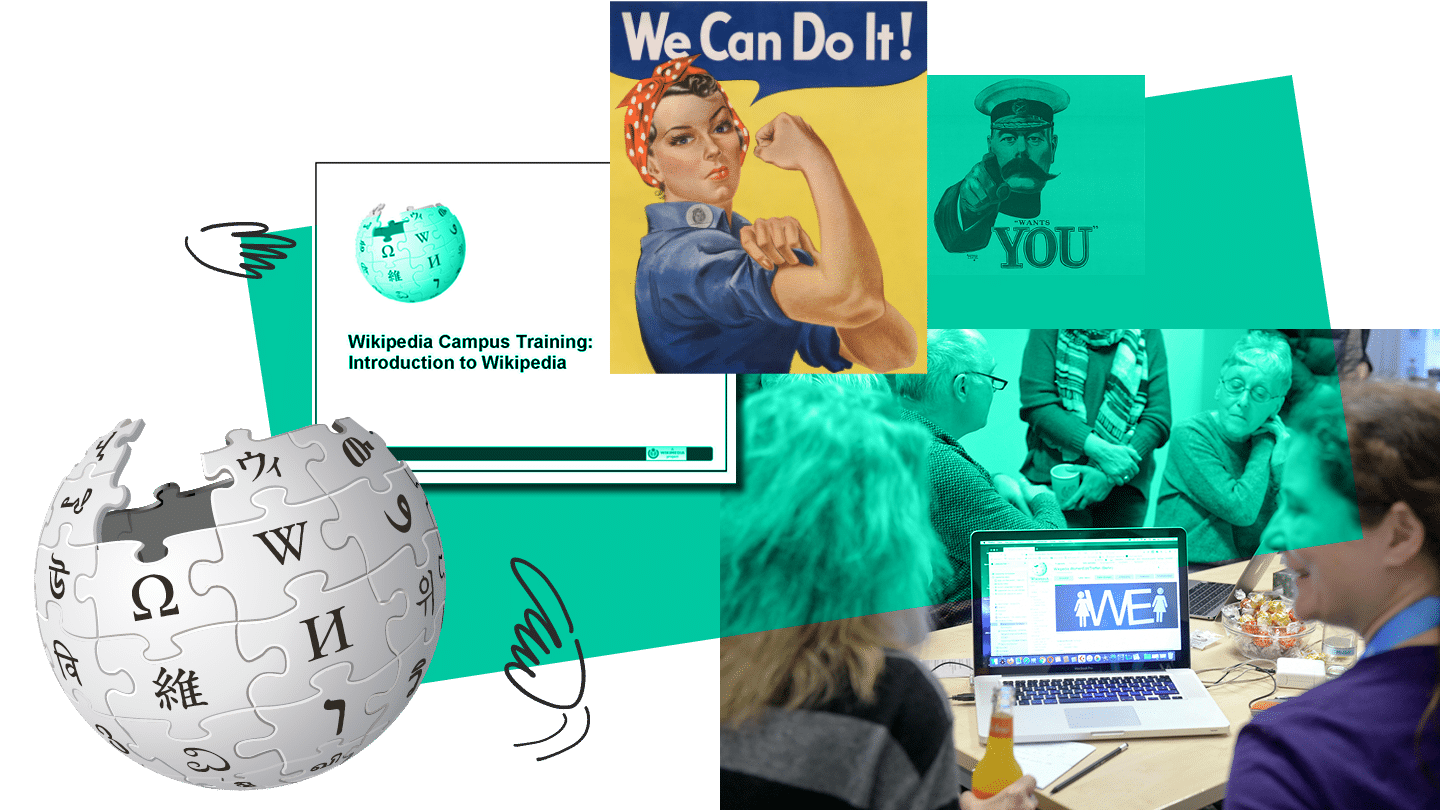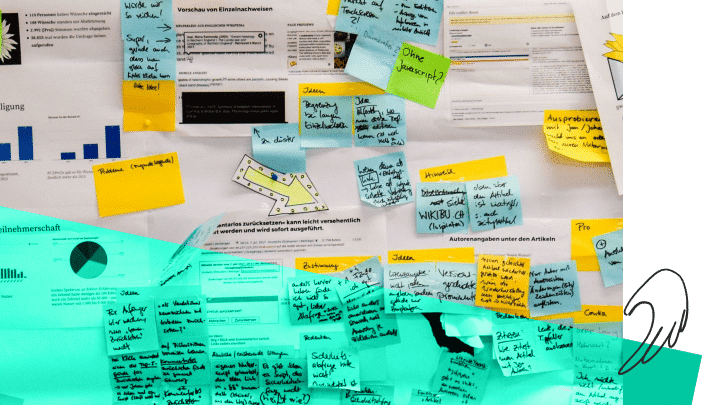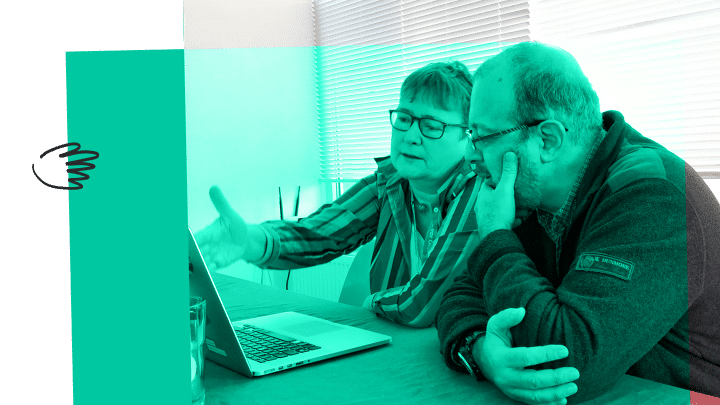1,021 visitors
attended the Wikipedia Action Day in 17 local community spaces in Germany, Austria and Switzerland (previous year: 850).
Volunteers wanted! At the second Wikipedia Action Day on November 10, 2019, more than 1000 interested people in 17 German-speaking cities came to learn about the world’s largest knowledge project and how they can contribute to the free encyclopedia themselves in the future. The online test for participation types also helps to make a more precise choice of aptitude. No matter whether you are a star author, activist, technology optimizer or puppet master – everyone can find their future vocation here.
How does the free encyclopedia Wikipedia work? What needs to be considered when you want to share information with the whole of humanity? How can you correct mistakes you find – and what about copyright law? All these questions were answered by experienced Wikipedians on the second Wikipedia Action Day that took place in 17 cities in Germany, Austria and Switzerland. In presentations, interested people were able to learn about Wikipedia’s neutrality, the reliability of information and the volunteers’ fields of activity.
Organization and programme were largely in the hands of the volunteers themselves. The local communities not only provided insights into the intellectual engine room of Wikipedia, but above all made the wide range of possible tasks and areas of interest visible to future volunteers: For example with a photo studio for object photography and 360-degree shots in Cologne, with a presentation of the OpenStreetMap project in Hanover, in the course of which a free international world map is being created, or with a beginners’ course on the creation of Wikipedia articles in Augsburg. The principle of making it possible to experience the online cosmos in offline exchanges has proved to be a brilliant approach.
If you want to know more about your suitability as a future Wikipedian, you should take the test of participation types. With just a few clicks through (precisely) tailored questions (“Which topic do you frequently talk about?” or “A demo for Free Knowledge is organized – what is your main task?”), everyone can find out here whether a career as a cultural agent in the field of GLAM (GLAM = Galleries, Libraries, Archives and Museums), as an activist for edit- and hackathons, or rather as a star author is around the corner.



